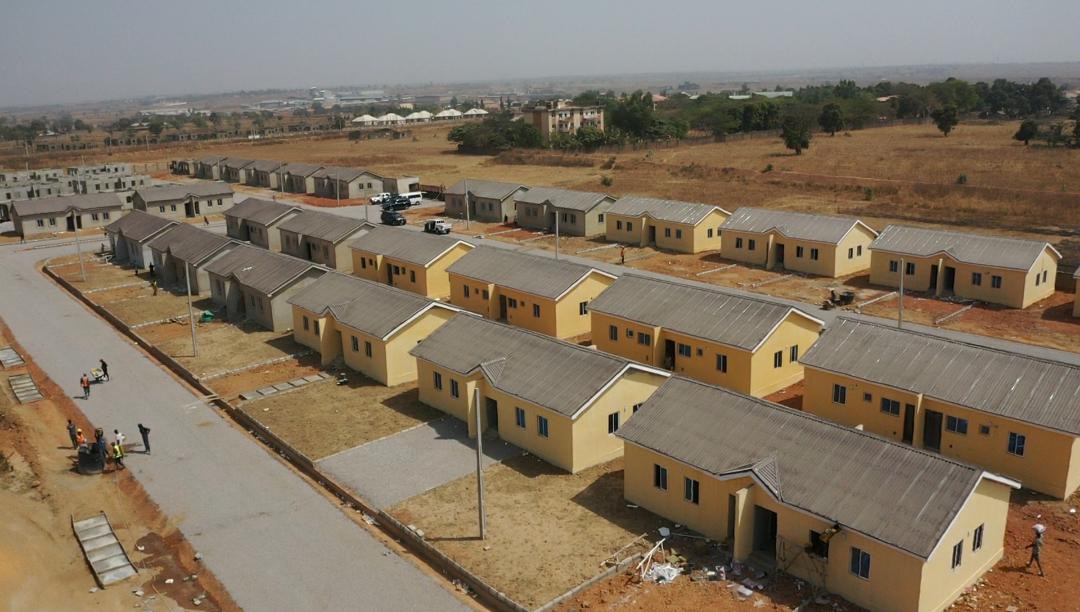Governor Uba Sani Inaugurates Nigeria’s Maiden Prefabricated Housing Estate in Kaduna

In a groundbreaking move that signals a new era in Nigeria’s housing development, Governor Uba Sani of Kaduna State has officially commissioned the country’s first-ever large-scale prefabricated housing estate.
The 100-unit estate, developed by Family Homes and executed by Karmod Nigeria, represents a major milestone in affordable housing delivery, combining speed, innovation, and sustainability. According to the Kaduna State Government, the project was completed in less than six months—an unprecedented achievement compared to traditional building methods that often take years. Each housing unit is designed with a lifespan of over 50 years when maintained properly. The estate is equipped with modern infrastructure including well-tarred access roads, an efficient drainage system, steady electricity, and a clean water supply, ensuring a comfortable and sustainable living environment for residents Governor Uba Sani, while inaugurating the project, said the initiative aligns with his administration’s commitment to providing affordable, safe, and quality housing for Kaduna residents. He emphasized that the adoption of prefabricated technology marks a shift towards innovative and faster housing delivery in Nigeria. This project shows that we can use technology to solve one of our country’s biggest challenges — affordable housing. It is a model we intend to replicate across Kaduna State,” the governor said. Family Homes, the project’s developer, described the estate as a demonstration of what is possible when modern construction technology is applied to address Nigeria’s housing deficit. The company added that prefabricated construction not only reduces costs and delivery time but also ensures durability and energy efficiency. Karmod Nigeria, the project executor, noted that the estate stands as proof that prefabricated housing can meet both aesthetic and functional standards, providing Nigerians with dignified living conditions at lower costs. The commissioning of the housing estate marks a significant milestone for the state and the country at large, offering a practical solution to Nigeria’s estimated 28 million housing deficit and setting a new standard for sustainable urban development









